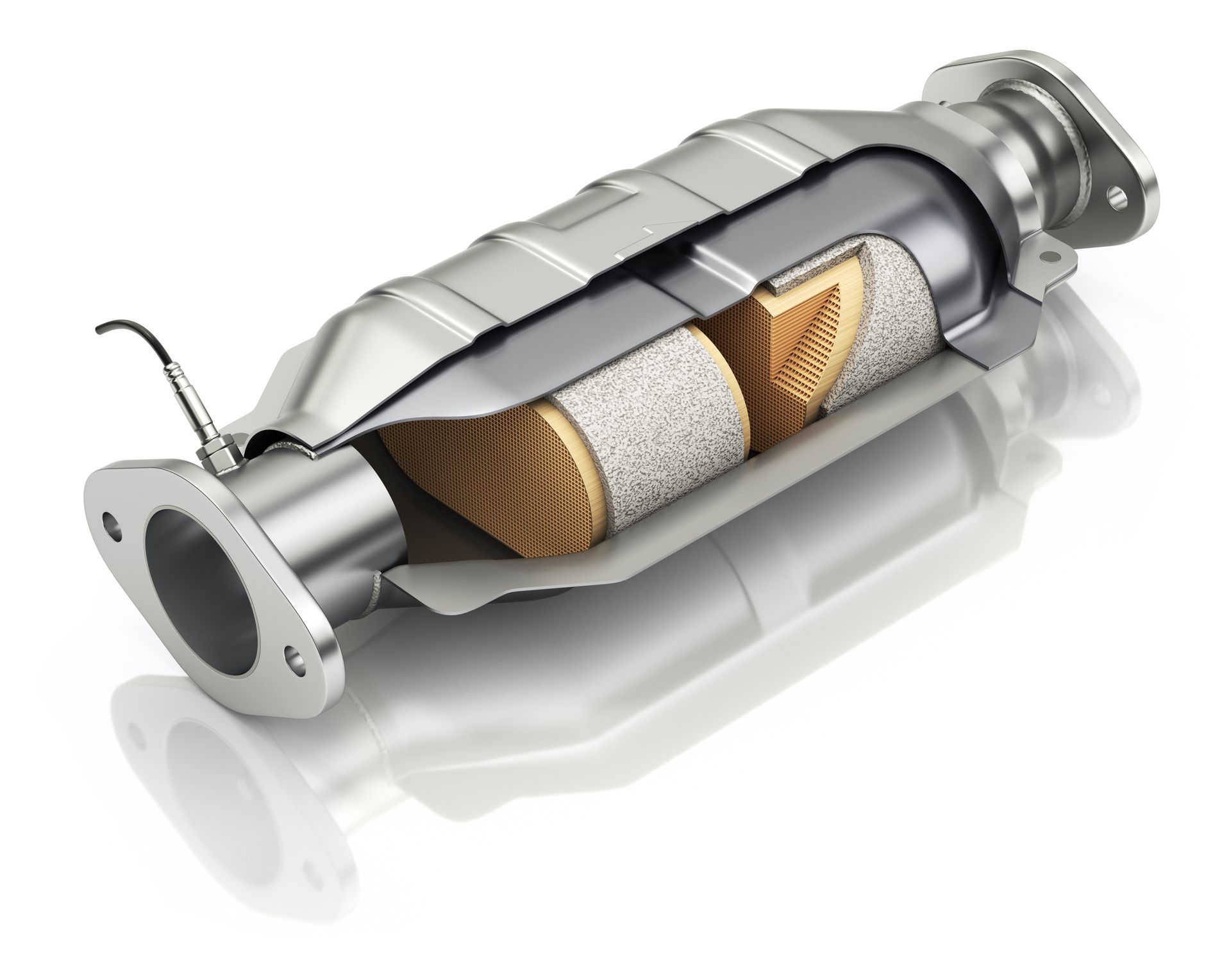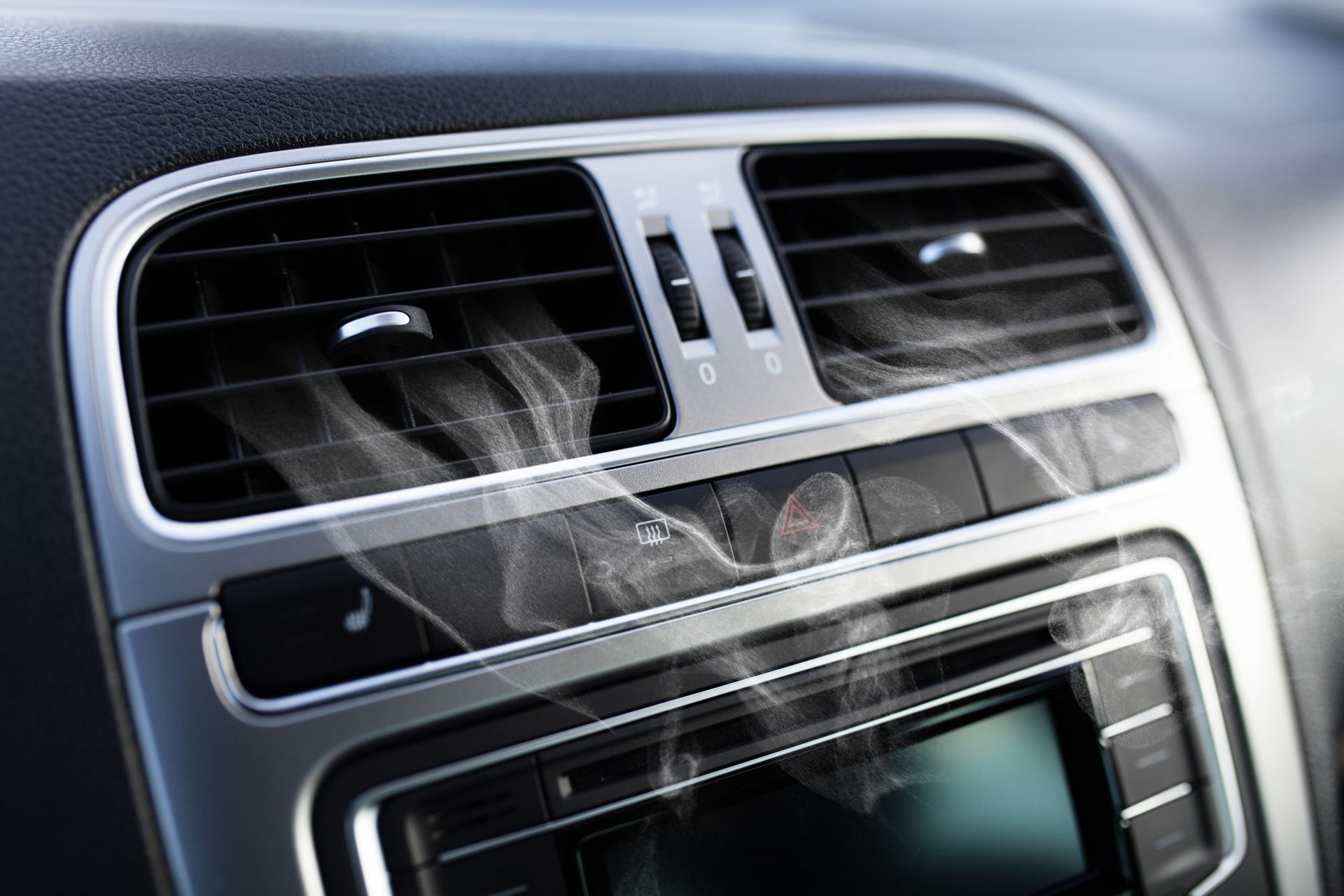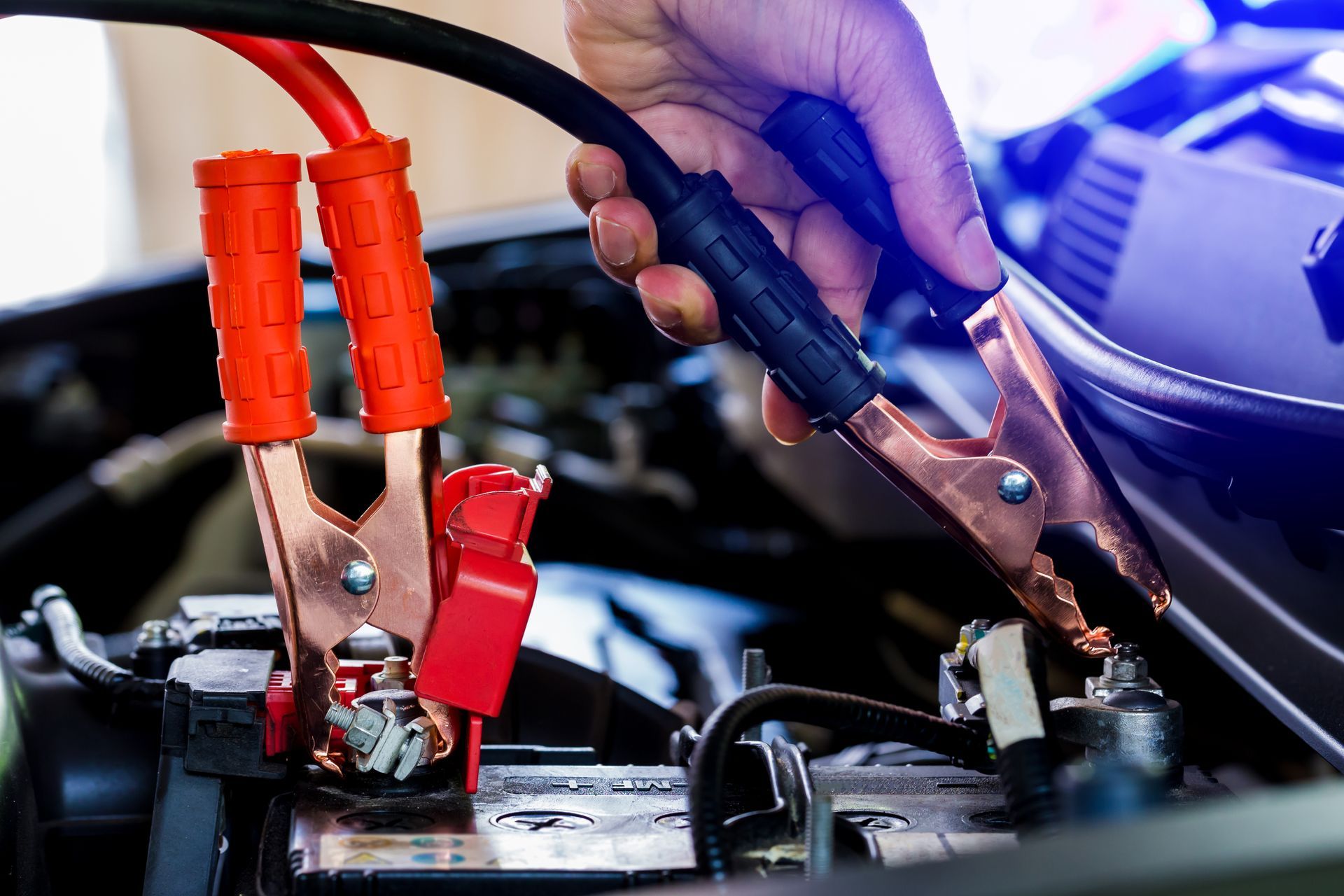We all know that regular oil changes are part of owning a car, but have you ever wondered why they’re so important? While it might seem like a routine task, changing your oil on schedule is one of the most important things you can do to keep your vehicle running. From ensuring smooth engine performance to preventing expensive repairs down the line, the benefits of regular oil changes are undeniable.
Let’s explore the reasons why this simple task is so vital for your vehicle’s health and longevity.
Keeps Your Engine Lubricated and Running Efficiently
Your car's engine is made up of many moving parts—pistons, valves, and other components—that move at high speeds and generate heat through friction. Oil acts as a lubricant that prevents these parts from grinding against each other. Without proper lubrication, friction increases, which can lead to excessive wear and tear, ultimately causing your engine to overheat or seize.
Fresh oil ensures that the engine parts stay lubricated, reducing friction and preventing damage. If you skip oil changes, the oil breaks down and loses its ability to keep the engine properly lubricated. This is why keeping up with regular oil changes is so critical for maintaining your engine's efficiency and performance.
Removes Dirt and Debris from the Engine
Over time, oil collects dirt, debris, and metal particles as it flows through your engine. These contaminants can cause the oil to thicken and become less effective in protecting the engine. When the oil becomes too dirty, it can create sludge, restricting oil flow and leading to further engine problems.
By getting regular oil changes, you ensure that your engine stays clean and free of harmful buildup. Fresh oil keeps your engine free of contaminants, helping it run more efficiently and extending its overall lifespan. It’s a small maintenance step that can prevent much bigger issues in the long run.
Improves Fuel Efficiency
Believe it or not, regular oil changes can actually help you save money at the gas pump. When your engine is well-lubricated with clean oil, it doesn’t have to work as hard, meaning it consumes less fuel to keep your car moving. On the other hand, old or dirty oil causes your engine to work harder, which can lower your fuel efficiency and cause you to fill up more frequently.
By maintaining a proper oil change schedule, you're not just taking care of your engine but also improving your vehicle’s fuel efficiency—saving you money over time.
Protects Your Engine from Overheating
Oil serves a dual purpose: while its primary role is lubrication, it also helps cool down the engine by absorbing heat. As oil moves through the engine, it absorbs some of the heat generated by all the moving parts. This keeps the engine temperature regulated and prevents it from overheating.
When oil breaks down or becomes too dirty, it loses its ability to absorb and dissipate heat effectively. This can lead to the engine overheating, which may cause significant damage. Regular oil changes ensure your engine stays cool, especially during demanding conditions like long drives or hot weather.
Extends the Lifespan of Your Vehicle
Regular oil changes play a key role in extending the overall lifespan of your vehicle. When your engine is properly lubricated and free from debris, it experiences less wear and tear, which can lead to fewer repairs and replacements over time. In fact, one of the easiest ways to ensure your vehicle stays on the road for years to come is by simply following the manufacturer’s recommended oil change schedule.
Neglecting oil changes can lead to major engine problems that may require expensive repairs—or even engine replacement. Keeping up with oil changes is a small investment that pays off in the long run by keeping your vehicle running smoothly and efficiently for longer.
Is it time for your next oil change? Visit
Ally Auto Service and ensure your engine stays protected and efficient with our professional maintenance services.










